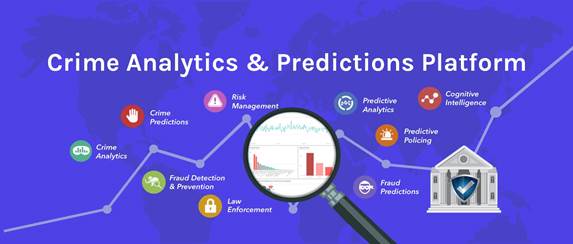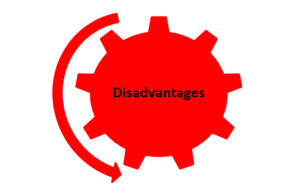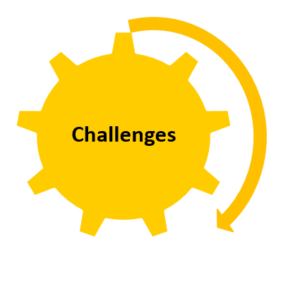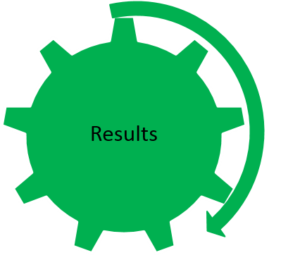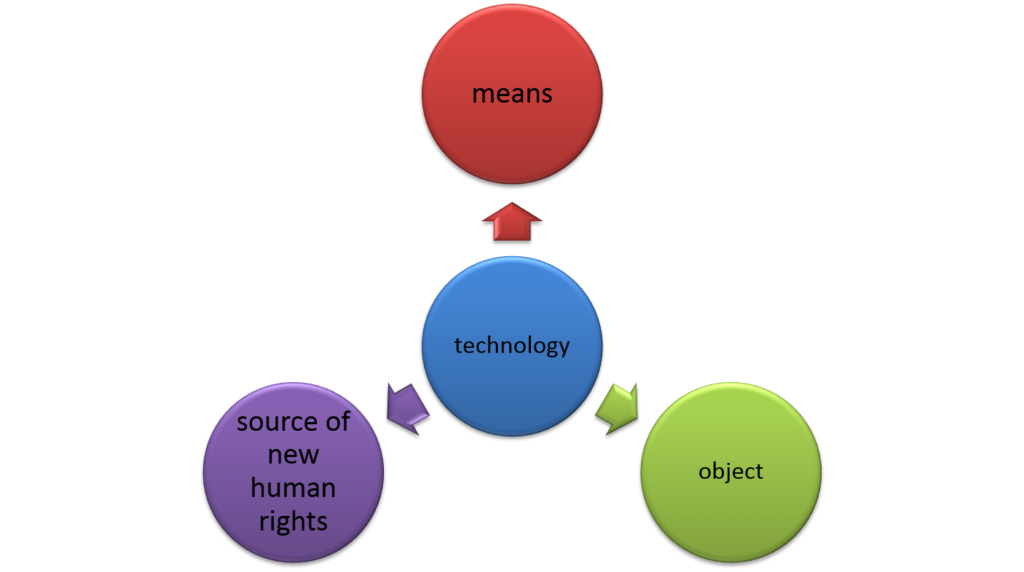Information technologies in Law
- searching, analyzing, processing of case law;
- completion of forms/certificates in the field of judicial cooperation;
- evidence interpretation through forensic examinations;
- machine translation and transformation of text/speech;
- online judicial proceedings during the COVID-19;
- have added value to efficiency, coping with time-limits and stress, tailoring judicial maps and reducing the number of EU magistrates.
- biases on race, sex, mature, poverty, etc., incorporated in source code
- do not analyzing the black box effect
- “Deepfake”
- profiling of magistrates by the parties
- exerting influence over the inner conviction of magistrates by the case-law data
- Lack of legal experts who would take part in writing the source code
- Unknown the data and applied algorithm of the software programs
- Program language is unverifiable
- Upgrading the known ethical rules
- Human review of significant decisions, which were made by Automated decision-making (ADM) – Decision of CJEU from 07.11.2018 of joint cases C-293/17 and C-294/17
- magistrates apply the EU Law in a complex environment
- IT world should be protected by classic and current legal instruments
Our proposal for new ethical rule
Innovations shall be applied under strict control of magistrates in order to ensure transparent, effective and based on human-centered approach and in line with the fundamental rights and procedural guarantees for delivering justice of high quality.
Bibliography on using Legal technologies
-
CEPEJ – Draft Guide on judicial e-auctions FOR ADOPTION, 2013, ENG
-
Definition of Deepfake, Wikipedia
-
Aletras N, Tsarapatsanis D, Preoţiuc-Pietro D, Lampos V. 2016. Predicting judicial decisions of the European Court of Human Rights: a Natural Language Processing perspective. PeerJ Computer Science 2:e93
-
Draft Issues Paper on Intellectual Property Policy And Artificial Intelligence, WIPO, December 2019
-
AI Bill of Rights. Making automated system work for the American people, October 2022
-
Proposal for a Regulation on a computerised system for communication in cross-border civil and criminal proceedings (e-CODEX system), and amending Regulation (EU) 2018/1726
-
Proposal for a Regulation of the European Parliament and of the Council on European Production and Preservation Orders for electronic evidence in criminal matters
-
Proposal for a Artificial intelligence act (AIA) of European Parliament and of the Council
-
Proposal for a Digital Service Act (DSA) of European Parliament and of the Council
-
Proposal for a Digital Markets Act (DMA) of European Parliament and of the Council
-
Directive 2014/41/EU of the European Parliament and of the Council of 3 April 2014 regarding the European Investigation Order in criminal matters
-
Guiding Principles for Automated Decision-Making in the EU, ELI Innovation Paper ELI, Paper European Law Institute, 2022
-
Recommendation for a Council Decision authorising the opening of negotiations in view of an agreement between the European Union and the United States of America on crossborder access to electronic evidence for judicial cooperation in criminal matters
-
Final report on Automated decision-making on the basis of personal data that has been transferred from the EU to companies certified under the EU-U.S. Privacy Shield, The European Commission, 2018
-
Automated Decision-Making Systems in the Public Sector. An Impact Assessment Tool for Public Authorities, AlgorithmWatch, June 2021
-
Opinion № 14 (2011) (CCJE) on “Justice and information technologies (IT)”
-
Judgment of The Court in Joined Cases C 293/17 and C 294/17 about automated making decisions (AMD)
-
European ethical Charter on the use of Artificial Intelligence in judicial systems and their environment, 2018
Bibliography on using Legal technologies
- CEPEJ – Draft Guide on judicial e-auctions FOR ADOPTION, 2013, ENG
- Definition of Deepfake, Wikipedia
- Aletras N, Tsarapatsanis D, Preoţiuc-Pietro D, Lampos V. 2016. Predicting judicial decisions of the European Court of Human Rights: a Natural Language Processing perspective. PeerJ Computer Science 2:e93
- Draft Issues Paper on Intellectual Property Policy And Artificial Intelligence, WIPO, December 2019
- AI Bill of Rights. Making automated system work for the American people, October 2022
- Proposal for a Regulation on a computerised system for communication in cross-border civil and criminal proceedings (e-CODEX system), and amending Regulation (EU) 2018/1726
- Proposal for a Regulation of the European Parliament and of the Council on European Production and Preservation Orders for electronic evidence in criminal matters
- Proposal for a Artificial intelligence act (AIA) of European Parliament and of the Council
- Proposal for a Digital Service Act (DSA) of European Parliament and of the Council
- Proposal for a Digital Markets Act (DMA) of European Parliament and of the Council
- Directive 2014/41/EU of the European Parliament and of the Council of 3 April 2014 regarding the European Investigation Order in criminal matters
- Guiding Principles for Automated Decision-Making in the EU, ELI Innovation Paper ELI, Paper European Law Institute, 2022
- Recommendation for a Council Decision authorising the opening of negotiations in view of an agreement between the European Union and the United States of America on crossborder access to electronic evidence for judicial cooperation in criminal matters
- Final report on Automated decision-making on the basis of personal data that has been transferred from the EU to companies certified under the EU-U.S. Privacy Shield, The European Commission, 2018
- Automated Decision-Making Systems in the Public Sector. An Impact Assessment Tool for Public Authorities, AlgorithmWatch, June 2021
- Opinion № 14 (2011) (CCJE) on “Justice and information technologies (IT)”
- Judgment of The Court in Joined Cases C 293/17 and C 294/17 about automated making decisions (AMD)
- European ethical Charter on the use of Artificial Intelligence in judicial systems and their environment, 2018




